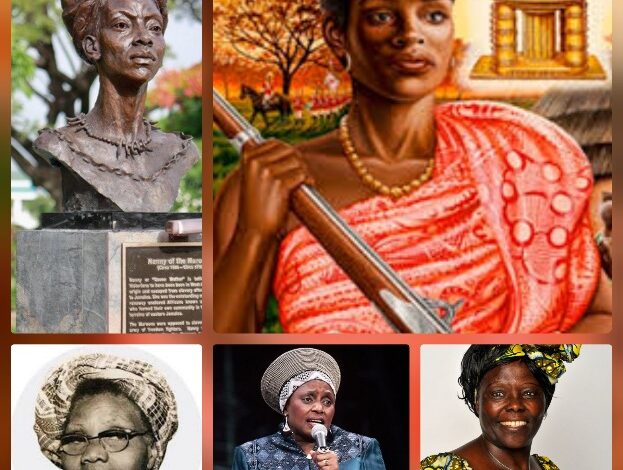
Avellon Williams
TRINIDAD AND TOBAGO- For centuries, African women have been at the center of historical movements. The diaspora and enslaved communities in Africa have successfully challenged dominant power structures in order to shift the global realities of Black people, from empowering enslaved communities to nation-building on the continent.
A great number of these ancestral women — mothers, daughters, sisters,and wives — have made a significant contribution to affirming the right to exist and creating more just societies, all while at the same time advancing women’s rights long before the term feminism was invented, during, and after its creation.

To fully appreciate these women’s contributions, we need to shift our understanding of agents and political actors. Who were they? What did they do? The more important question is: how does using their lives as a lens change our understanding of social movements?
By recognizing these women collectively, we can gain a more accurate and agential understanding of African women’s significant contributions to history.
Throughout history, Black women have made significant contributions to Black liberation, so it is fitting to celebrate them.
Nanny, Queen of the Windward Maroons of Jamaica (1680-1750)
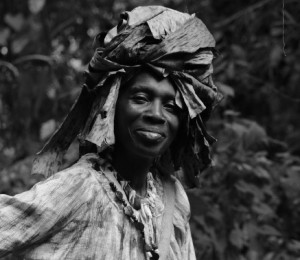
An Obeah woman and political leader, Queen Nanny of the Windward Maroons was a Jamaican political leader and military strategist. Queen Nanny was born in Ghana, and she led the Windward Maroons in a successful war against the British, resulting in a negotiated land agreement for the Windward Maroon community. The Windward Maroons are formerly enslaved Africans who fled to freedom and built communities outside of formal slave societies.
As a result of Queen Nanny occupying three positions normally associated with men, she has expanded our understanding of women’s roles throughout history: she, as well as all the women recognized, challenges us to look at women as agents in a way that affirms the definition of womanhood for women. Queen Nanny is acknowledged as a national hero in Jamaica, symbolizing strength, unity, and the centrality of womanhood to resistance.
Yaa Asantewaa (1863-1923)
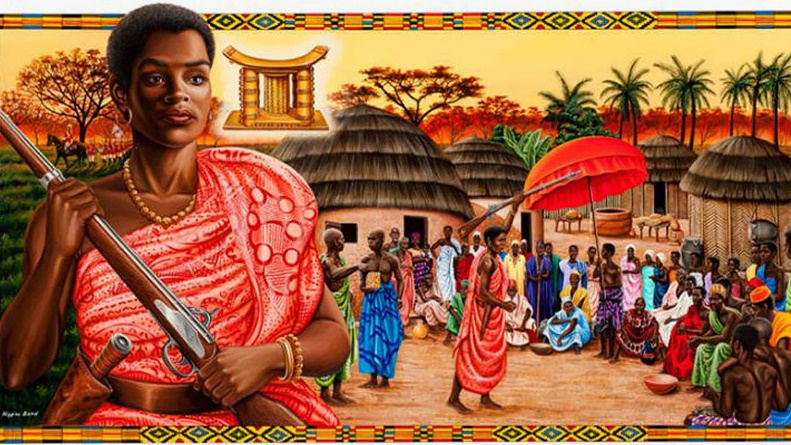
In 1900 and 1901, Yaa Asantewa, Queen Mother of the Ejisuhene, led the Ashanti against British colonialism. While many others considered surrendering the Ashanti Confederacy, Asantewaa kept the “Golden Stool” of the Ashanti Confederacy and challenged the violent British call for complete dominance of the Ashanti Confederacy.
The British were deftly fought against by her and her soldiers.
The bravery and fortitude of Yaa Asantewaa, despite her defeat and exile to Seychelles, exemplified the uniqueness of female leadership in anti-colonial processes, inspiring future generations of Ghanaians to resist colonialism.
Funmilayo Ransome-Kuti (1900-1978)
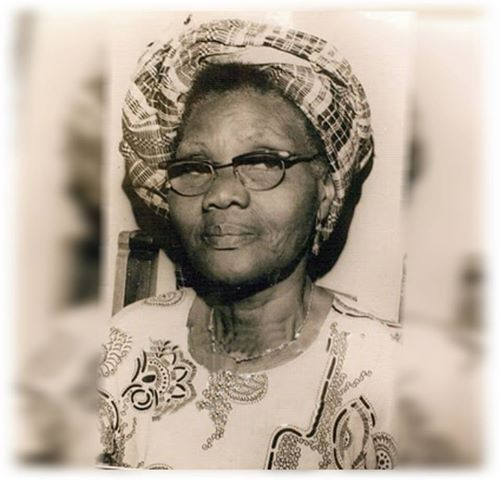
Funmilayo Ransome-Kuti is best known as the mother of FelaKuti, a prolific musician, and activist. She was an African feminist, social activist, educator, and anti-colonial freedom fighter. In 1953, Funmilayo Ransome-Kuti founded the Nigerian Woman’s Union, which became the Federation of Nigerian Women’s Societies.
She organized tax strikes against economic policies that adversely affected women, organized against the exploitation of women in business, and called for the end of colonialism. She is a phenomenal woman in African history because of her dedication to ending injustice.
Miriam Makeba (1932-2008)
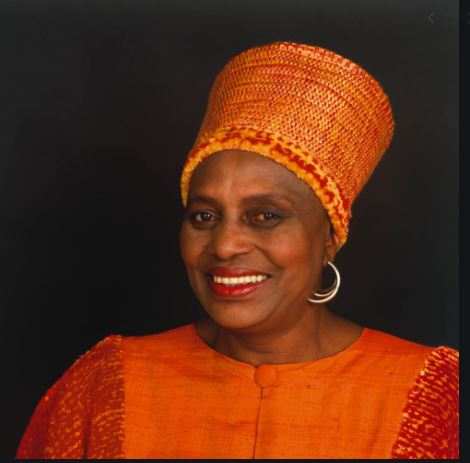
A prominent participant in both the anti-Apartheid and Pan-African movements, Miriam Makeba was affectionately known as Mama Africa. During her time in South Africa and in exile, Makeba performed and wrote music that criticised the Apartheid government, urging an end to racial discrimination.
During her lifetime, she married South African musician Hugh Masekela and Pan-African activist Kwame Touré (formerly Stokely Carmichael). She provided the musical pulse of the Anti-Apartheid Movement for over 30 years, igniting the consciousness of thousands of people. All of her accomplishments deserve celebration.
Wangari Maathai (1940-2011)
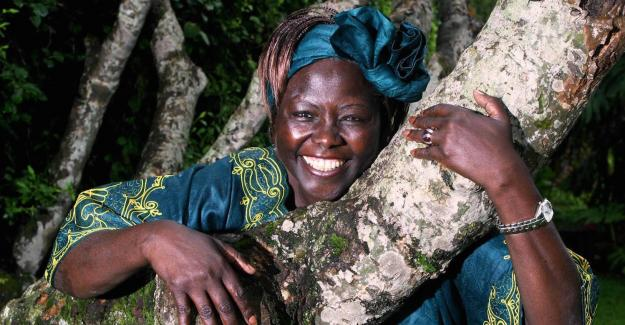
Known for her commitment to improving the lives of disenfranchised groups in society and her compassion, Professor Wangari Maathai is a famous Kenyan environmentalist, women’s rights activist, and Nobel Laureate. In 1977, Maathai founded the Green Belt Movement, then known as the National Council of Women of Kenya, to help Kenyan women living in rural areas meet their economic and social needs.
Kenyan women were encouraged to plant trees as part of the Greenbelt Movement, which helped restore rainwater, and provided them with food, and provided them with firewood. In her work, Maathai illuminated the link between poverty, environmental degradation, and power, ultimately leading to an increased demand for government accountability. The importance Maathai places on the environment also illustrates the long-standing relationship African people have had with nature. As a result of her work, environmental movements continue to be informed and inspired.

There is no doubt that African women’s lives challenge common perceptions of African people in particular, as well as the concept of human existence in general, whether they are military leaders, political activists, environmental stewards, or pan-African musicians.
The role of African women in shaping and advancing black history is unique. It is essential to remember the specific ways in which Black people have enacted change in world history, such as those highlighted here, which are often overlooked and largely ignored. Culture plays an important role in activism as evidenced by their lives.
African women’s histories and voices, even when spatially relegated to the margins, will never be forgotten.




